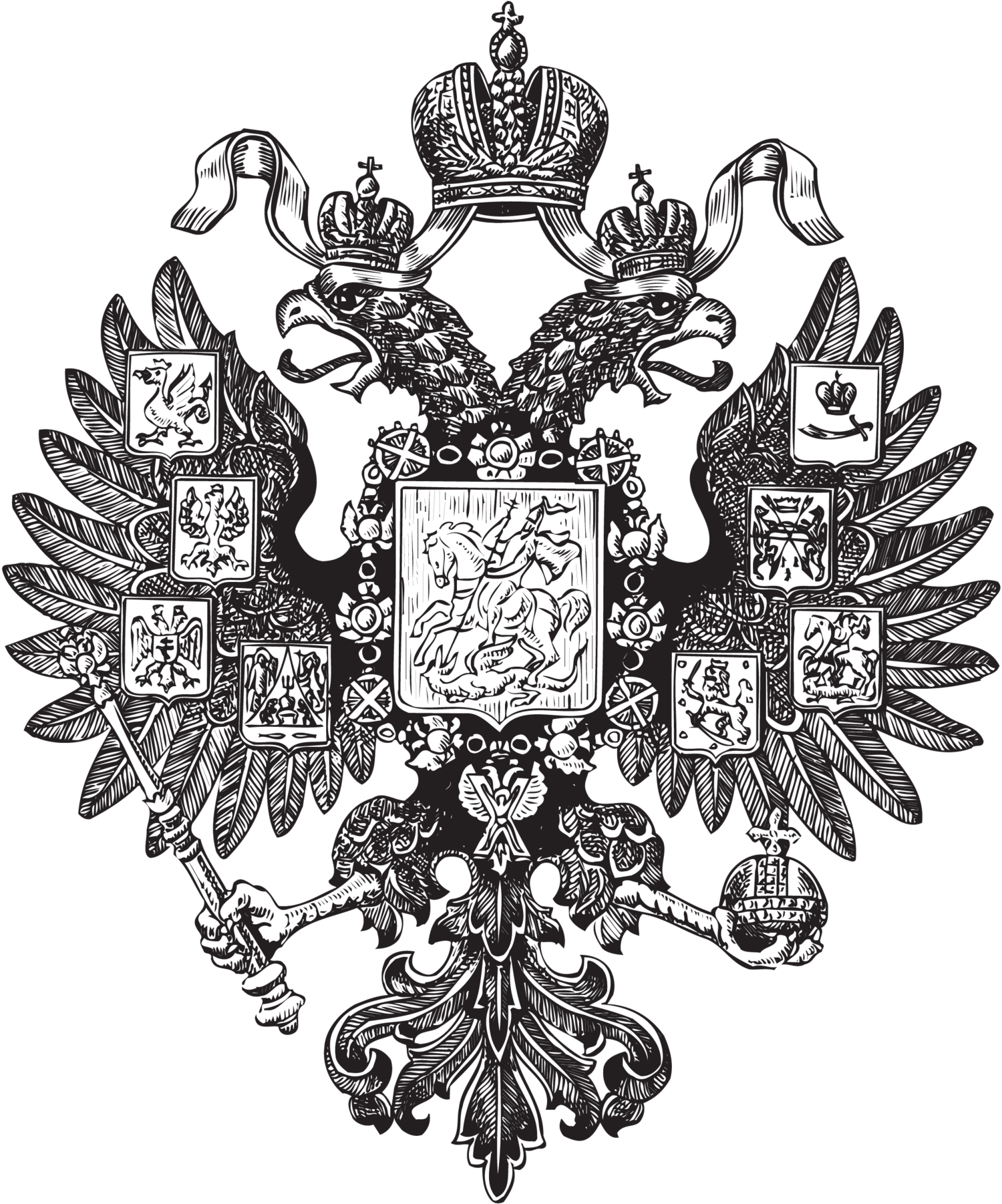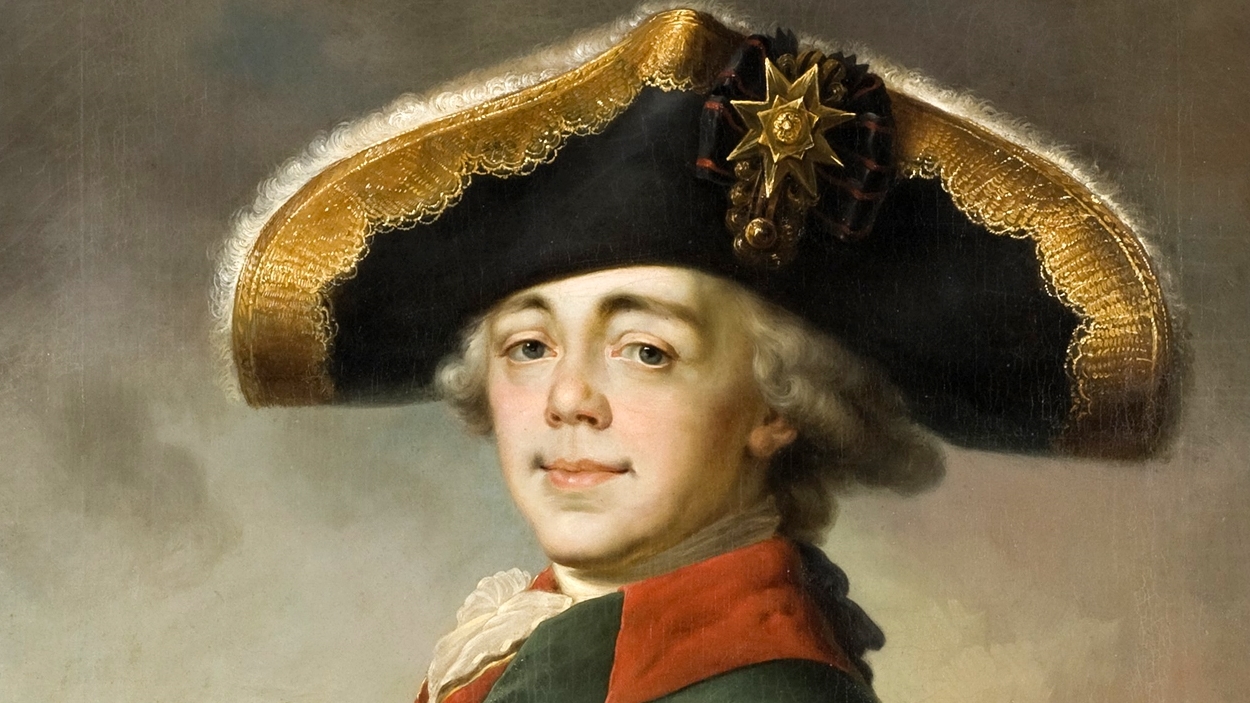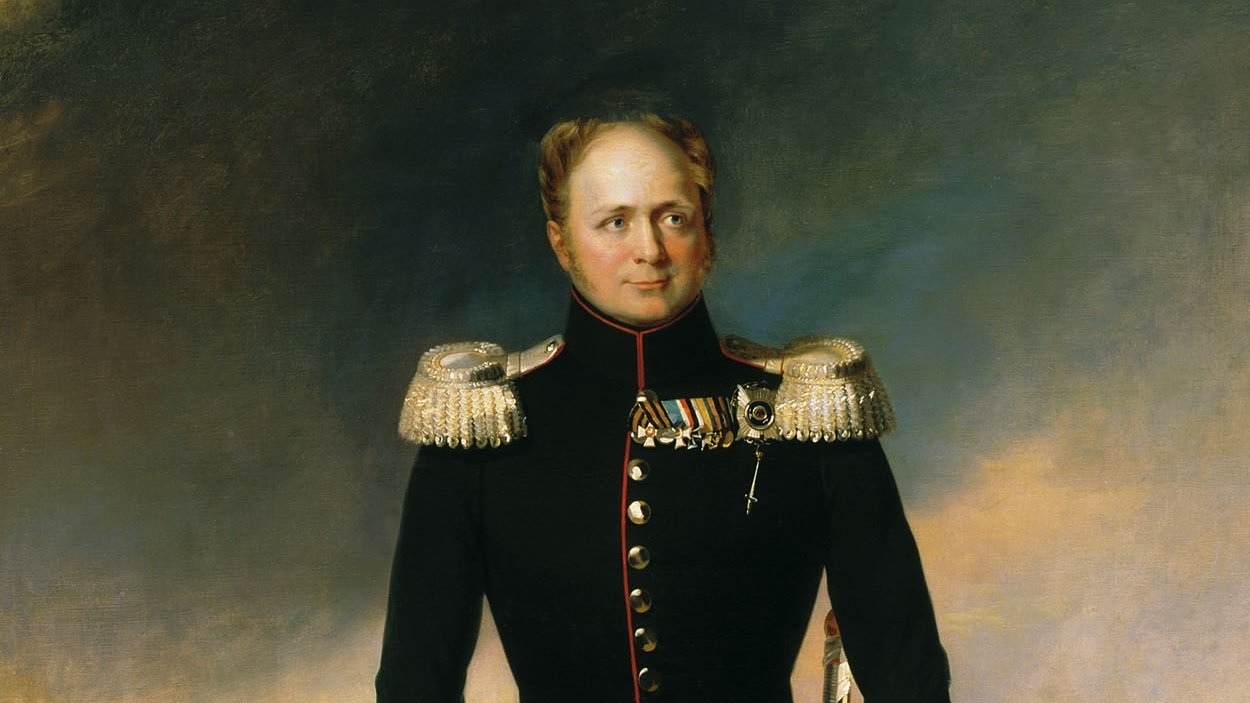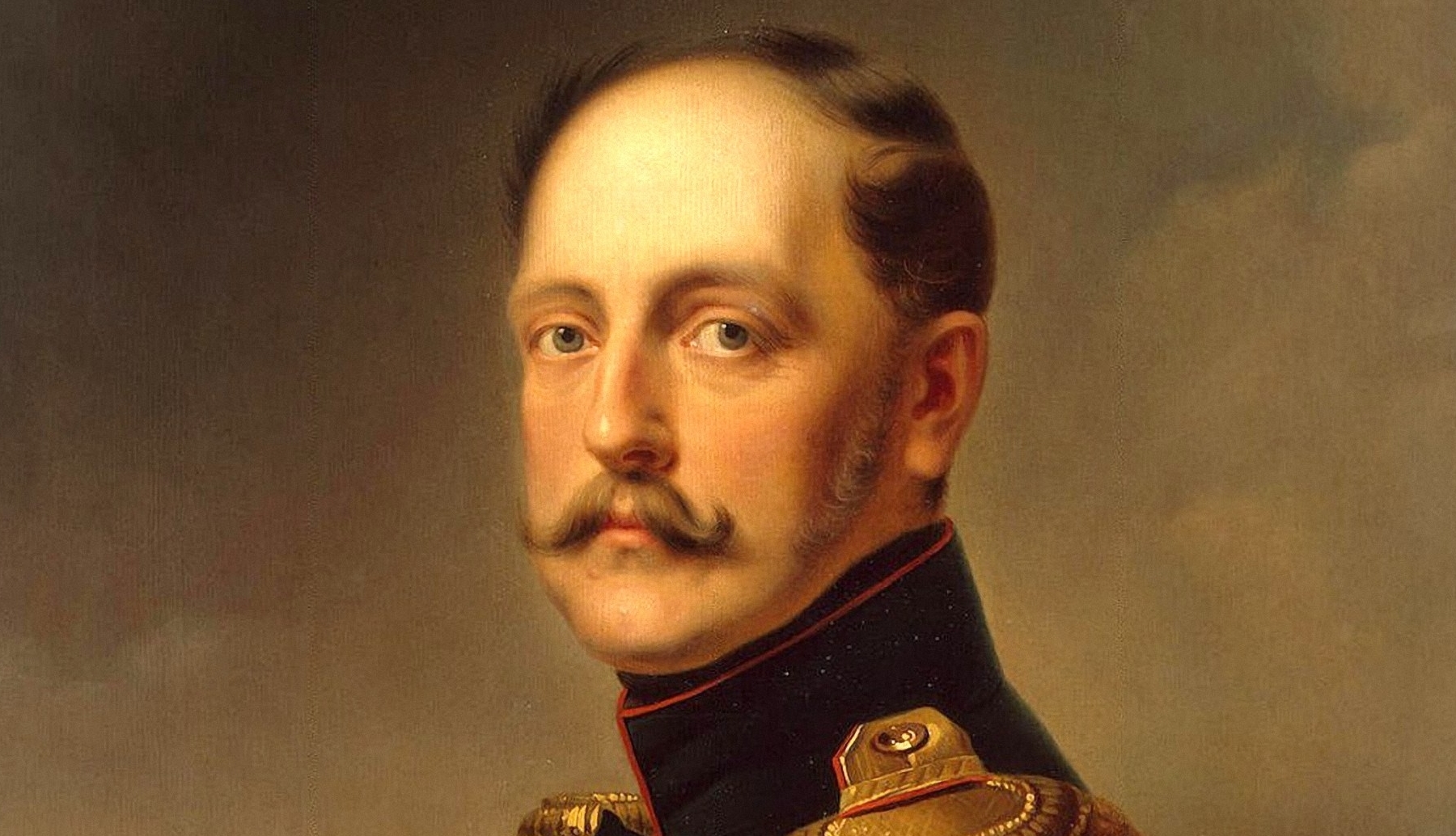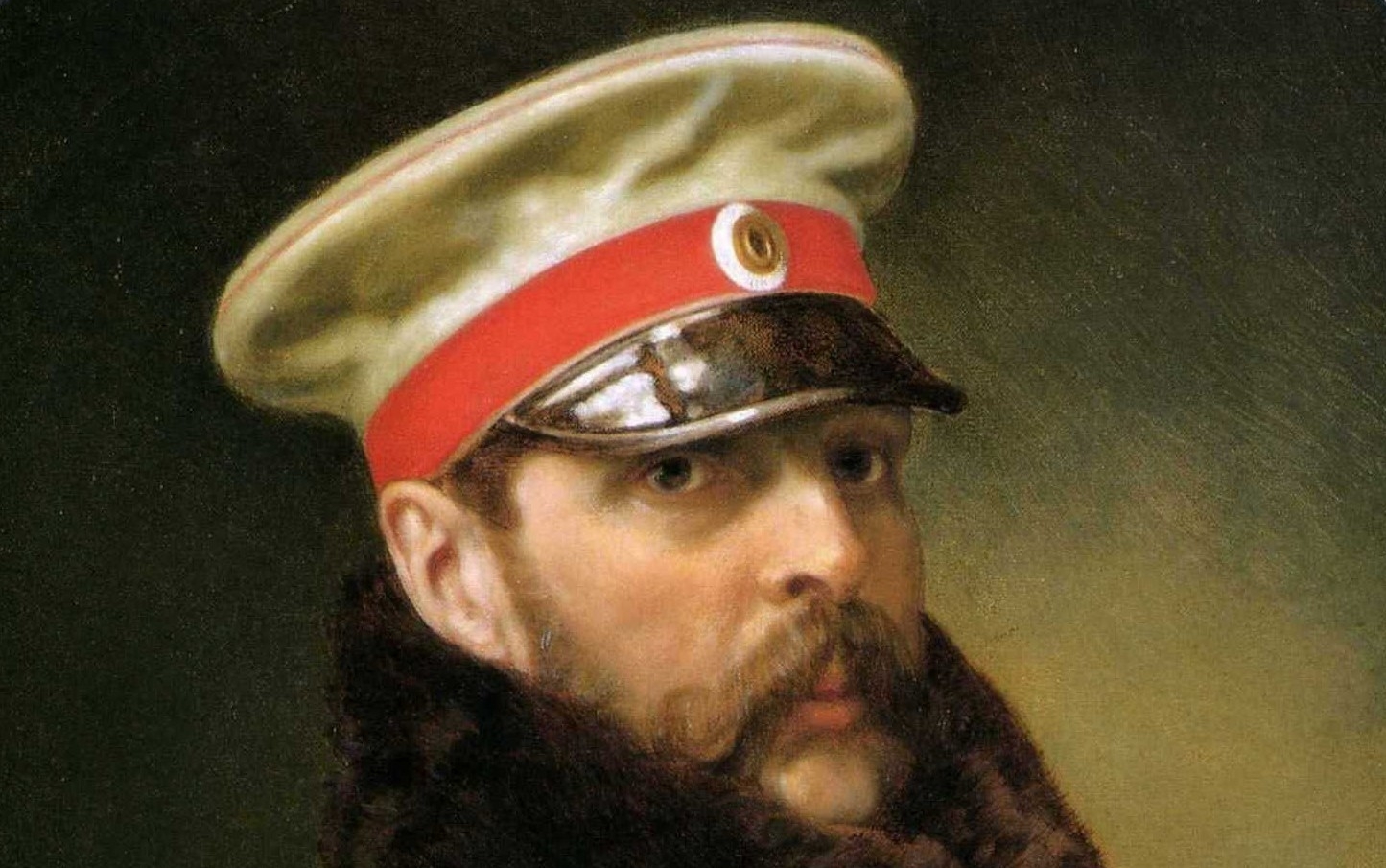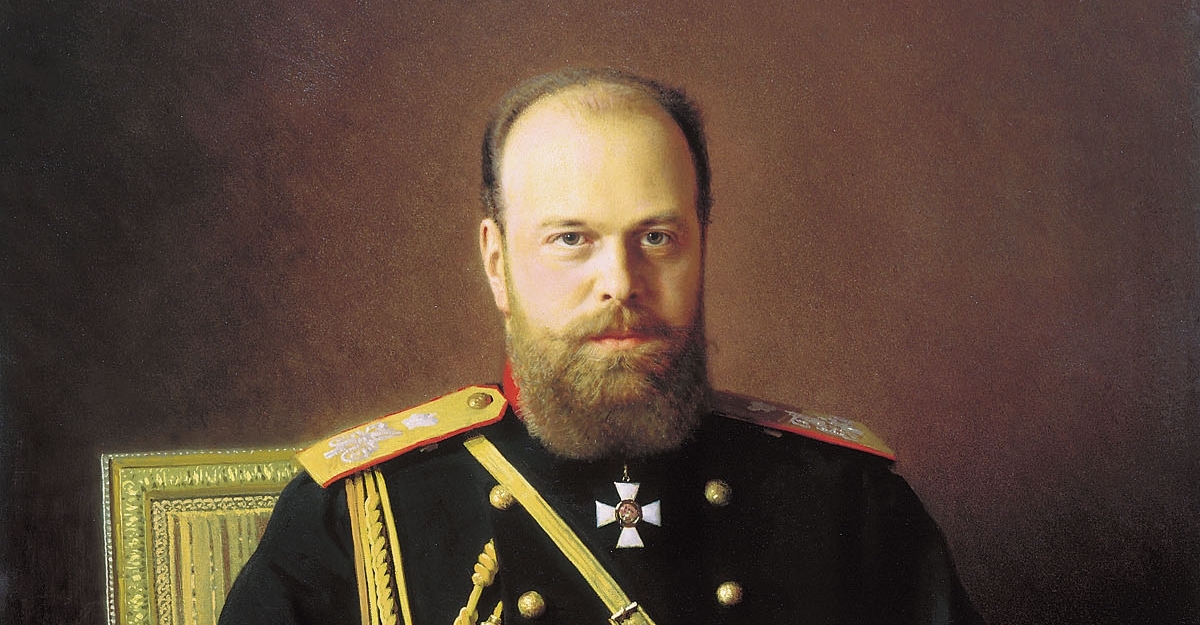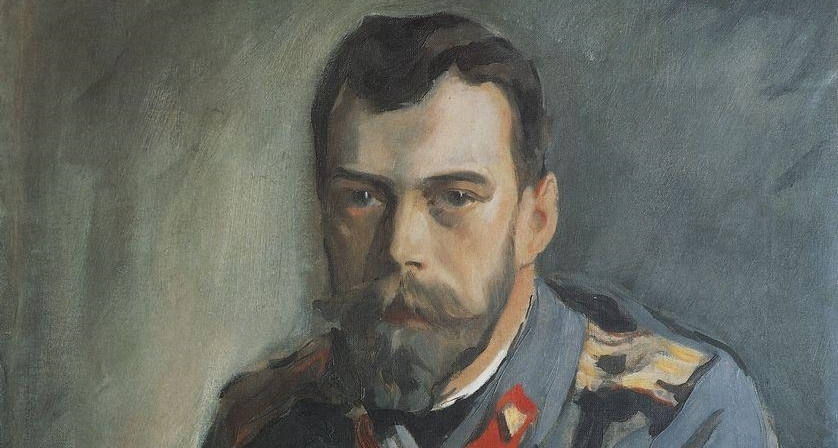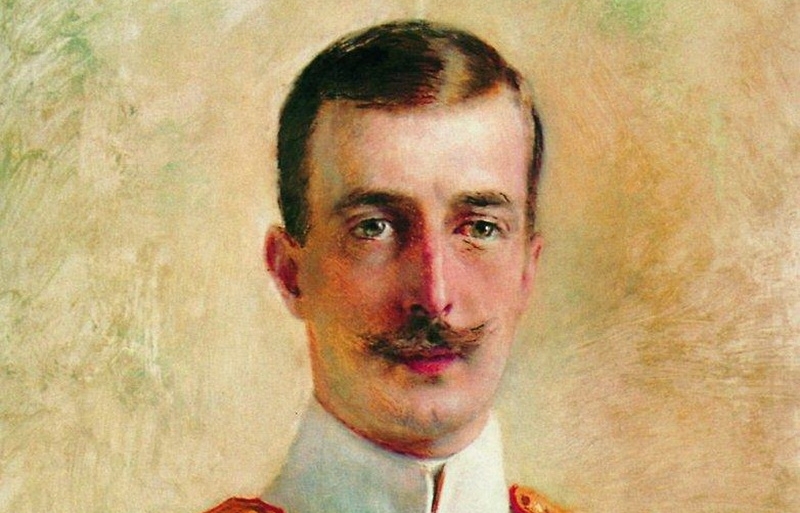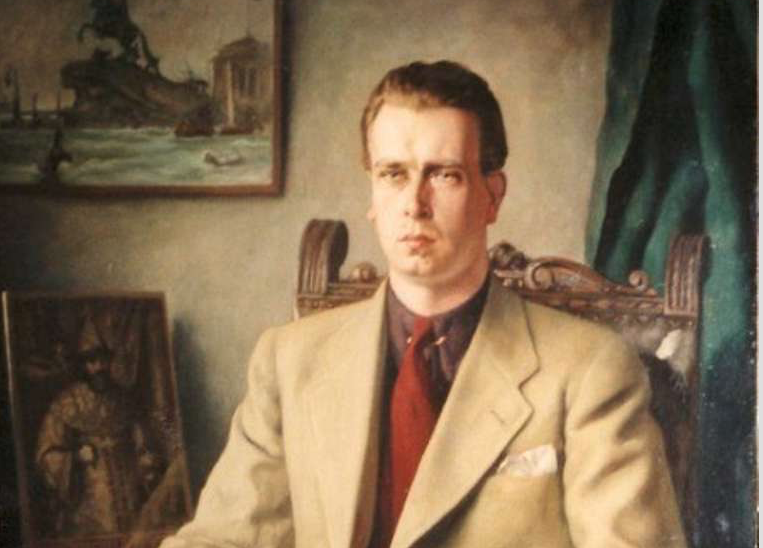The Russian Legitimist
Welcome to the website of The Russian Legitimist.
The focus of this website is the history and current activities of the Russian imperial dynasty, the House of Romanoff.
We have chosen the name The Russian Legitimist for this website, because the term “legitimist” describes a person who believes that the question of who the head of a dynasty is must be based strictly and exclusively on the succession laws that govern the dynasty. Russian legitimists in the 20th century worked to further the efforts of Grand Duke Kirill and then of his son Grand Duke Wladimir, successive heads of the exiled Russian Imperial House, to hold aloft the standard of Russian monarchism.
In the 21st century, The Russian Legitimist will focus its attention on the position of the Russian Imperial House, the activities and statements of its current head, Grand Duchess Maria, and of her son and heir, Grand Duke George, and many other topics of interest to Russian legitimists.
The last speech of Grand Duchess Maria’s father, Grand Duke Wladimir, contained these eloquent words:
…The problems that Russia faces are so enormous that there is room for all Russians, whether in Russia or abroad, to pitch in and lend a hand, each in his own way and each according to his own possibilities. This of course includes us…Given the continuing fragmentation of what used to be the Soviet Union, it is my belief that a monarchy offers certain definite advantages which no other form of government can provide. In the first place, a democratic and constitutional monarchy can play an enormous role as a stabilizing factor and as a focus for unity within a federal system… It would also provide a symbol of continuity, something that would allow the people to identify with their past and serve as a constant reminder of their history, their patrimony and their roots… [A] monarchy can serve the people as a democratic bulwark against dictatorship. In addition, a monarchy as an institution can serve very effectively as the focus for the loyalty of the armed forces. Armed forces which are loyal to the symbol of the Crown rather than to the partisan political leaders or parties provide a further protection from military interference in the civil affairs of government, thus strengthening democracy. All these questions must, as I said before, be decided by the Russian people at the appropriate time and under the appropriate circumstances. It is difficult to predict what the ultimate decision might be.
As a Russian citizen, Grand Duchess Maria is obviously anxious to be of service in any way possible to Russia and the other countries once forming the Russian empire. Since 1992, she has made dozens of trips to Russia and the countries of the former Russian Empire. She has steered clear of anything to do with politics. Indeed, when a monarchist political party was formed in Russia she rebuffed all urgings to endorse it. She has repeatedly made clear that she views the dynasty as a civic, cultural and historical institution. The goal she has set for herself as dynastic head and for her son as heir is to work, in close cooperation with the Patriarch of the Russian Orthodox Church, to further efforts to preserve Russia’s historical and cultural patrimony and to assist and support Russian charitable organizations.
We hope you will find some items of interest on this website. This is a work in progress, and suggestions for improvement are welcome. One major source we have relied on for material is the official website of the Chancellery of the Russian Imperial House. We gratefully acknowledge receiving permission from several scholars to post their research papers on this site, and we are seeking additional permissions.
